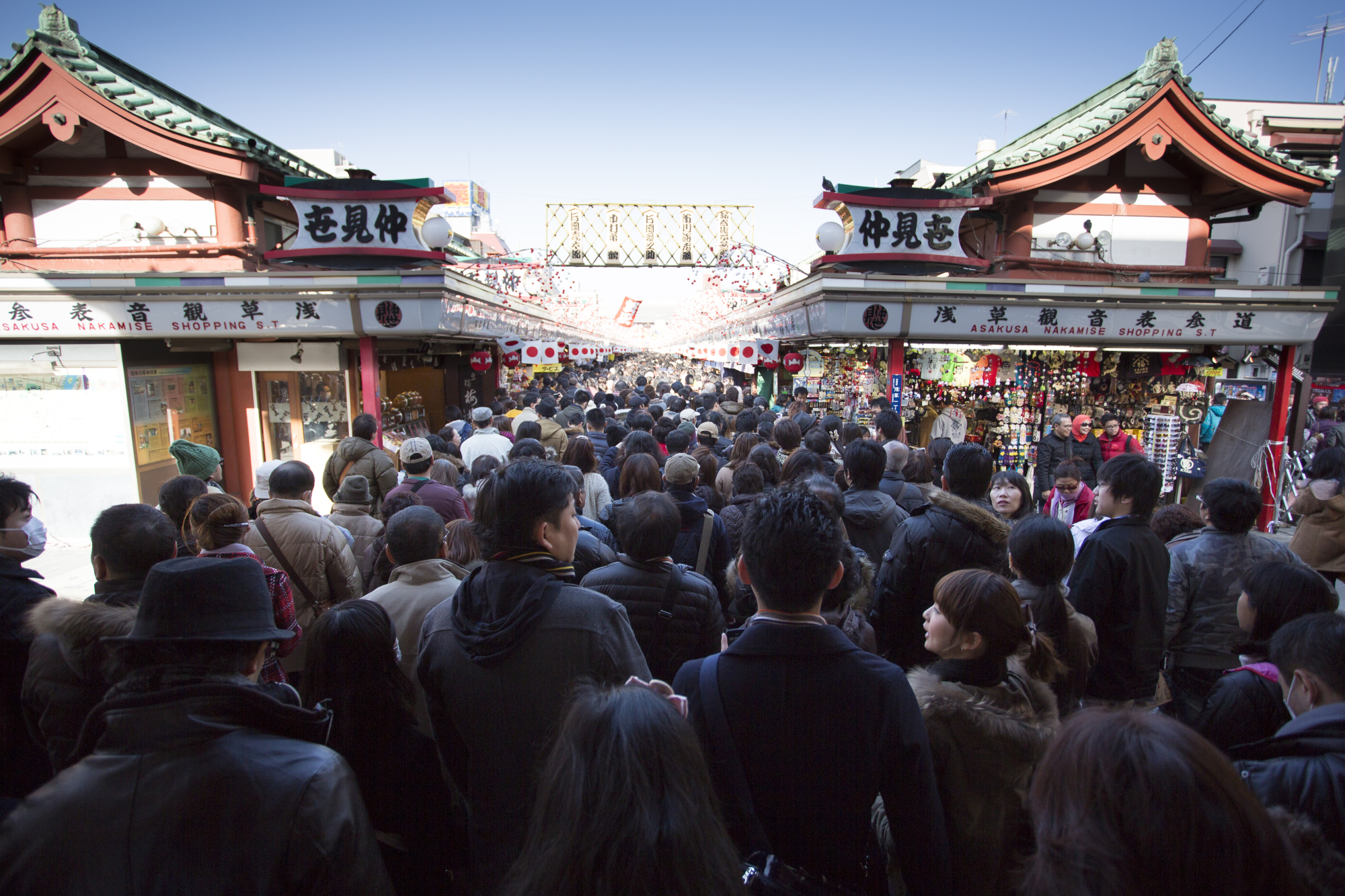Tips for More Effective Studying
Nihongo Online School > Tips for More Effective Studying > 5 Phrases & 15 Words to Use at the End of the Year and the New Year
5 Phrases & 15 Words to Use at the End of the Year and the New Year

2023/12/29
A year has passed so quickly, and there are only a few days left. Has it been a fruitful year for everyone? If you are learning Japanese, have you made any progress towards your goals?
Now, at the end of the year and the New Year, there are many occasions in Japan to gather with family and relatives and engage in traditional activities. There are also events unique to this time of year, and special phrases and words are used in it.
In this article, let’s take a look at phrases and words that are often used during this time of year in Japanese life.
Contents
- 1 5 Phrases to Use
- 2 15 Words to Use
- 2.1 1. 師走(Shiwasu)
- 2.2 2. 御歳暮(Osēbo)
- 2.3 3. 年越し(Toshikoshi)
- 2.4 4. 忘年会(Bōnenkai)
- 2.5 5. 新年会(Shinnenkai)
- 2.6 6. 謹賀新年(Kingashinnen)
- 2.7 7. 初詣(Hatsumōde)
- 2.8 8. 初売り(Hatsuuri)
- 2.9 9. 初夢(Hatsuyume)
- 2.10 10. お節料理(Osechiryōri)
- 2.11 11. お年玉(Otoshidama)
- 2.12 12. 年賀状(Nengajō)
- 2.13 13. 鏡餅(Kagamimochi)
- 2.14 14. 門松(Kadomatsu)
- 2.15 15.干支(Eto)
5 Phrases to Use
1. 今年も大変お世話になりました(kotoshi mo taihen osewani narimahita)
“Thank you very much for everything this year”.
This phrase is used at the end of the year. Used when it’s your last work day of the year or the last time you’ll see each other that year.
2. よいお年を(yoiotoshio)
“I hope you recieve a nice year.”
These words are said at the end of the year to wish you a happy new year.
3. あけましておめでとうございます(akemashite omedetō gozaimasu)
”Happy new year!”
It’s used when you meet a colleague or friend or someone else for the first time in the new year.
4. 今年もよろしくお願いします(kotoshimo yoroshiku onegaishimasu)
“I look forward to having a good relationship with you this year too”
It is often used in combination with ”あけましておめでとうございます(Happy New Year)”.
5. 新年の抱負はN1を取ることです(shinnen no hōhu wa N1 o torukoto desu)
“My New Year’s resolution is to get N1.”
「抱負(hōhu」 meansresolution. You can announce your New Year’s resolutions with this phrase.
15 Words to Use
Now, let’s take a look at vocabulary related to New Year’s Eve and New Year’s Day.
1. 師走(Shiwasu)
It means that even people who are usually calm, such as masters (師 monks), will be busy and running around during this month. At work or at school, we all get busy with tasks and plans to complete the year well.
2. 御歳暮(Osēbo)
A gift given with the feeling of “Thank you for this year. We hope to see you again next year.” Sent or sent between relatives or business associates.
3. 年越し(Toshikoshi)
Ending the year and welcoming the new year. At that time, we eat “Toshikoshi soba” with the hope that we will “get rid of the misfortunes and hardships of the past year and not carry them over to the next year.”
4. 忘年会(Bōnenkai)
A year-end party is a banquet held at the end of the year. Generally refers to a banquet held to forget the hardships of the year.
5. 新年会(Shinnenkai)
A party to celebrate the new year. We often eat a feast and drink alcohol.
6. 謹賀新年(Kingashinnen)
It means “I would like to congratulate you on the new year.” It is often written on New Year’s cards and posters.
7. 初詣(Hatsumōde)
Visiting a shrine for the first time that year and praying for good health and peace in the new year. We often go early on New Year’s Day.
8. 初売り(Hatsuuri)
The first sale of the new year. Discounted items are sold, as well as assortments of great value goods called ”Hukubukuro (lucky bags)”.
9. 初夢(Hatsuyume)
A dream that starts when the year changes. The contents will predict your fortune for the year.
10. お節料理(Osechiryōri)
”Osechi’”(written as “seasons”) is a special dish that celebrates seasonal milestones.
On New Year’s Day, there are various dishes to celebrate the new year and each food has a meaning that wards off evil or brings good luck.
11. お年玉(Otoshidama)
Money given by adults to children as a New Year’s gift. It is generally handed out in a small envelope called a “Pochibukuro”.
12. 年賀状(Nengajō)
This is a greeting card celebrating the new year. Sent among colleagues,friends,etc. If you send it, it will arrive on January 1st.
13. 鏡餅(Kagamimochi)
This is a rice cake made flat and round, and is made by stacking two large and small rice cakes. They are offered to the gods and Buddha, and displayed in the tokonoma alcove during the New Year.
14. 門松(Kadomatsu)
A decorative pine tree is erected in front of the gate during the New Year.
15.干支(Eto)
This Is a calendar system devised in ancient China, and is represented by 12 animals: the mouse, the cow, the tiger, the rabbit, the dragon, the snake, the horse, the sheep, the monkey, the bird, the dog, and the boar.
2024 is the year of the Dragon.
The year of the Dragon is said to be a year in which things move and vibrate greatly, like a dragon, and big changes often occur. It is also said to be a year that will have a lot to do with career advancement and power, so if you move toward your goals with confidence, your dreams may come true!
Teacher YUKI wrote this article

Qualifications:Completed 420-hour Japanese language teacher training course
I started my career at a Japanese language school in Bolivia and have been teaching at Nihongo online school since 2019.
Experience:I myself am interested in foreign cultures and languages, so I find it very stimulating to meet students from different backgrounds and share lesson time with them.
I am always happy when students are able to express themselves well in the Japanese they have just learned, and I feel happy to be teaching.

